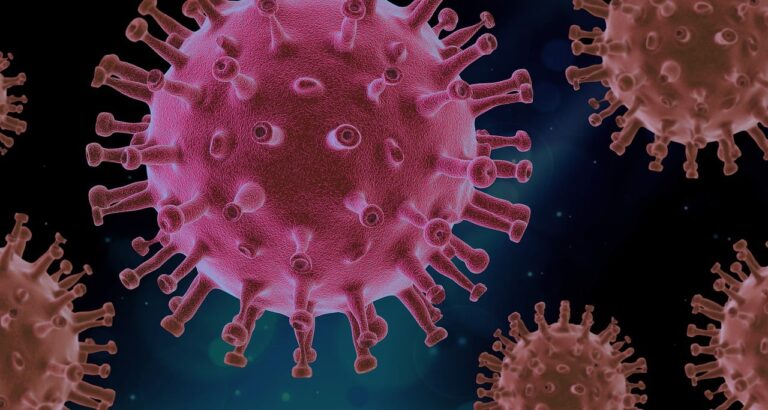Criminal Justice Chronicles: Bachelor of Laws in Criminal Justice

In the realm of law and order, the pursuit of justice lies at the heart of society’s fabric. A Bachelor of Laws (LLB) with a focus on Criminal Justice delves into the intricate workings of the legal system, preparing students for a career dedicated to upholding the law and safeguarding communities. Let’s explore the essentials of this esteemed program.
Understanding Criminal Justice
Criminal justice is a multifaceted field encompassing the detection, investigation, prosecution, and adjudication of criminal offenses. It involves understanding legal frameworks, ethical considerations, and societal implications related to crime and punishment.
Course Curriculum
A Bachelor of Laws in Criminal Justice curriculum is meticulously crafted to provide students with a comprehensive understanding of criminal law, procedural justice, and the role of legal institutions. Some key components of the curriculum include:
Criminal Law: Students delve into the substantive aspects of criminal law, studying offenses, defenses, and principles of liability. They explore concepts such as homicide, assault, theft, and white-collar crime.
Criminal Procedure: This course focuses on the rules and procedures governing the criminal justice process, including arrest, search and seizure, interrogation, bail, pretrial proceedings, trial, and sentencing.
Evidence Law: Students learn about the rules governing the admissibility and presentation of evidence in criminal proceedings. They examine different types of evidence, such as testimonial, documentary, and forensic evidence.
Criminal Justice System: This course provides an overview of the criminal justice system, including the roles and functions of law enforcement agencies, prosecutors, defense attorneys, judges, and correctional institutions.
Victimology: Students explore the experiences of crime victims and the impact of crime on individuals and communities. They learn about victim rights, support services, and restorative justice practices.
Criminology: This interdisciplinary field examines the causes, patterns, and consequences of crime and criminal behavior. Students analyze theories of crime causation, crime prevention strategies, and the effectiveness of criminal justice policies.
Duration of the Program
A Bachelor of Laws in Criminal Justice typically spans three to five years, depending on the institution and country-specific requirements. The program includes a combination of classroom lectures, case studies, moot court exercises, and internships.
Career Opportunities
Graduates with a Bachelor of Laws in Criminal Justice are equipped for a wide range of career opportunities in the legal field and beyond. Some common career paths include:
Criminal Defense Attorney: Representing individuals accused of criminal offenses and advocating for their rights in court.
Prosecutor: Bringing criminal charges against individuals accused of violating the law and seeking justice on behalf of the state or federal government.
Law Enforcement Officer: Serving as police officers, detectives, or investigators to uphold the law, investigate crimes, and ensure public safety.
Judicial Clerk: Assisting judges in legal research, writing opinions, and managing court proceedings.
Legal Analyst: Providing legal research and analysis for law firms, government agencies, or nonprofit organizations focused on criminal justice reform.
Conclusion
A Bachelor of Laws in Criminal Justice empowers students to navigate the complexities of the legal system, advocate for justice, and contribute to the safety and well-being of society. With a solid foundation in criminal law, procedural justice, and criminological theories, graduates are prepared to embark on a rewarding career path in the field of criminal justice.






